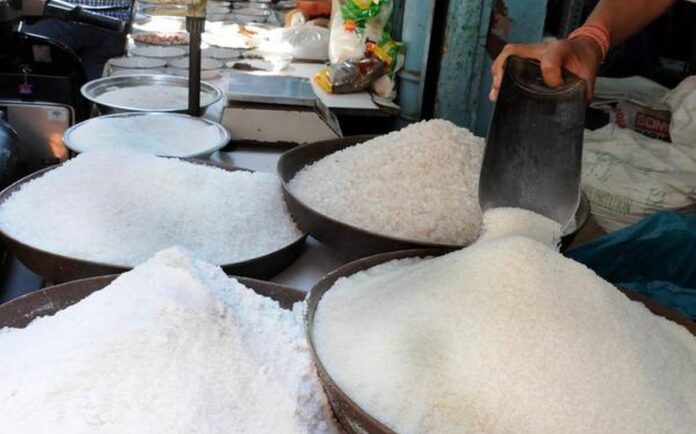RAWALPINDI/ISLAMABAD:
The ongoing sugar crisis has deepened in the twin cities of Rawalpindi and Islamabad, leaving citizens frustrated amid skyrocketing prices and reduced availability. The shortage has affected daily life as shopkeepers report limited stock and increasing demand.
Sugar, which was already becoming expensive, is now selling at unaffordable rates in many local markets, with prices crossing Rs 180 per kilogram in some areas. Residents have voiced concerns over the government’s inability to control the crisis, especially as essential commodities grow costlier.
Retailers and wholesalers attribute the shortage to limited supply from mills and disruptions in distribution chains. Despite government claims of monitoring prices and ensuring availability, ground realities tell a different story—where long queues and rationing are becoming common.
Many small retailers say they have not received regular sugar deliveries for over a week. This has sparked panic buying and further aggravated the crisis. Authorities have promised strict action against hoarders and profiteers, but consumers continue to suffer.
Economic experts warn that if the situation is not addressed urgently, it may lead to further inflationary pressure on already struggling households. Citizens are urging the government to intervene immediately by increasing supply, cracking down on black marketing, and stabilizing prices.
The deepening sugar crisis in Rawalpindi and Islamabad is now a major concern for both consumers and policymakers as the region faces one of its worst commodity shortages in recent months.



Comments (0)
No comments yet. Be the first to comment!
Leave a Comment